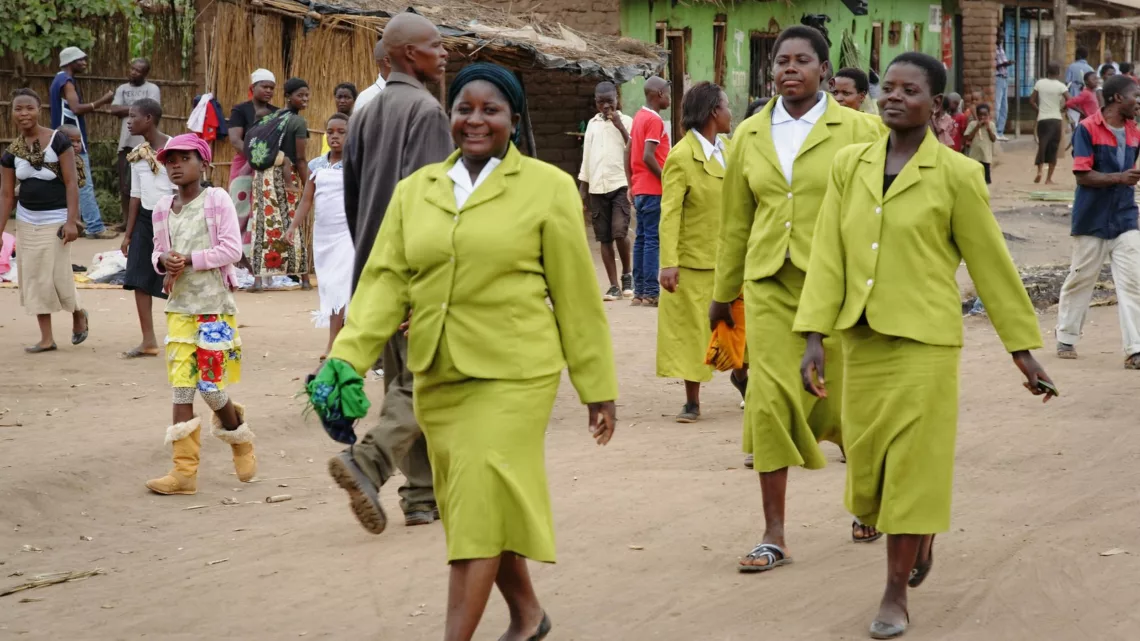The Declaration on the Elimination of Violence Against Women, issued by the UN General Assembly in 1993, defines violence against women as “any act of gender-based violence that results in, or is likely to result in, physical, sexual or psychological harm or suffering to women, including threats of such acts, coercion or arbitrary deprivation of liberty, whether occurring in public or in private life.”
The annual celebration has certain economic implications. Violence against women continues to be an obstacle to achieving equality, development, peace as well as the fulfillment of women’s and girls’ human rights. Moreover, the promise of the Sustainable Development Goals (SDGs) – to leave no one behind – cannot be fulfilled without putting an end to violence against women and girls.
When girls and women experience sexual violence, it adversely impacts their outlook and pursuit of education, which in turn impacts their contribution to output, and by implication, economic growth and development.
The adverse psychological, sexual, and reproductive health consequences of violence against women and girls (VAWG) affect women at all stages of their life. For example, early-set educational disadvantages not only represent the primary obstacle to universal schooling and the right to education for girls; down the line they are also to blame for restricting access to higher education and even translate into limited opportunities for women in the labour market, which have implications for gross domestic product (GDP).
Violence against women and girls is one of the most widespread, persistent and devastating human rights violations in the world today, and remains largely unreported due to the impunity, silence, stigma and shame surrounding it.
In general terms, it manifests itself in physical, sexual and psychological forms, encompassing: intimate partner violence (battering, psychological abuse, marital rape, femicide); sexual violence and harassment (rape, forced sexual acts, unwanted sexual advances, child sexual abuse, forced marriage, street harassment, stalking, cyber- harassment); human trafficking (slavery, sexual exploitation); female genital mutilation; and child marriage.
Since the outbreak of COVID-19, emerging data and reports from those on the front lines all around the world, have shown that all types of violence against women and girls, particularly domestic violence, have intensified.
This ‘shadow pandemic’ is growing amidst the COVID-19 crisis and needs a global collective effort to stop it.
But the pandemic of violence against women is not new. Even before COVID-19 hit us, globally, 243 million women and girls were abused by their intimate partners annually, according to the United Nations Children’s Fund. The COVID-19 pandemic intensified the violence, even as support services faltered and accessing help became harder.
We join hands with survivors, activists, decision-makers, the UN system, and people from every walk of life to shine a light on the need for funding, essential services, prevention, and data that shapes better-informed responses.
Empowering women to participate equally in the global economy could add $28 trillion in GDP growth by 2025, according to the United Nations International Labour Organisation (ILO). Societies with greater gender equality not only offer better socioeconomic opportunities for women but also tend to grow faster and more equitably,
Nigeria certainly needs to tap into that growth potential of her globally acknowledged industrious female population. That can only be achieved by unleashing that potential by protecting the female gender from all forms of violence.
In achieving that, there needs to be legislation and enforcement of stiff penalties against all violence against women in Nigeria.





